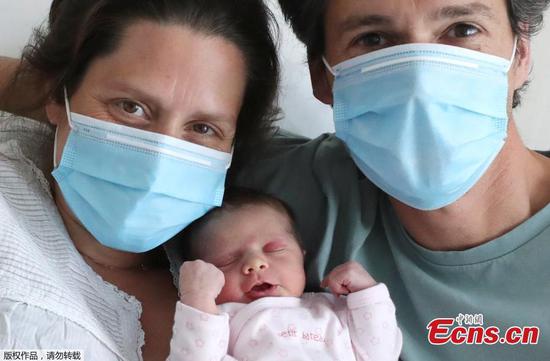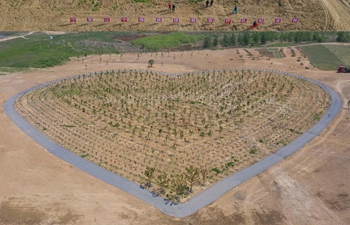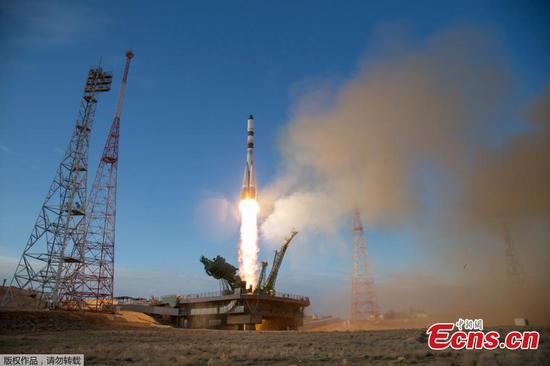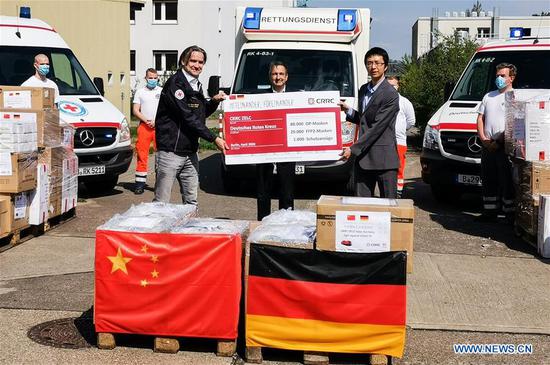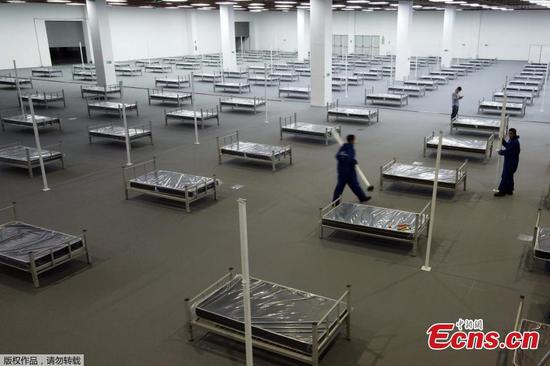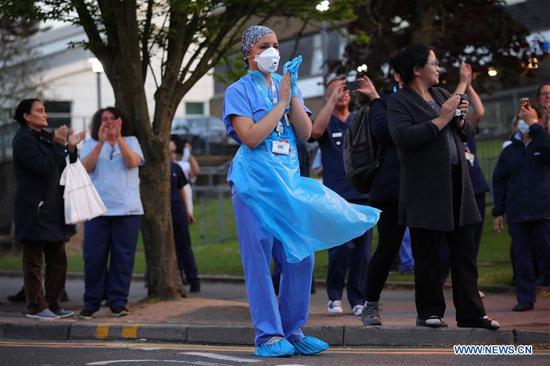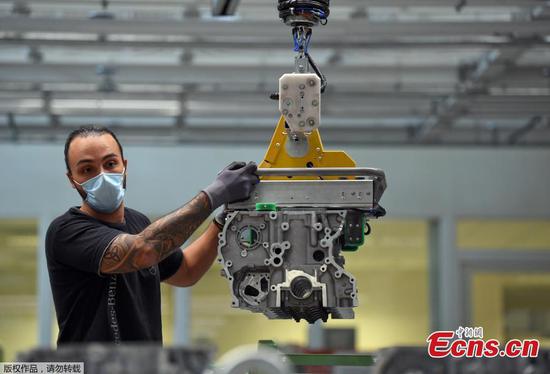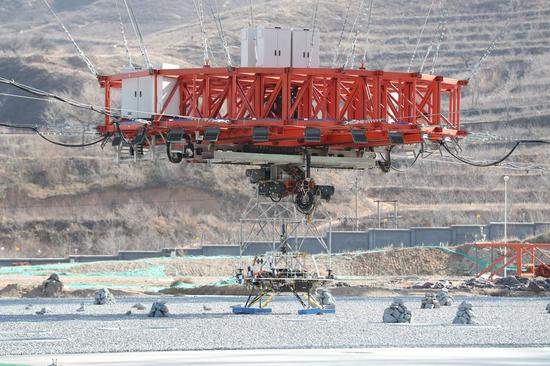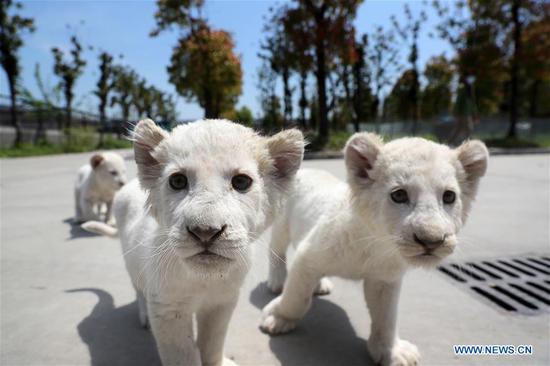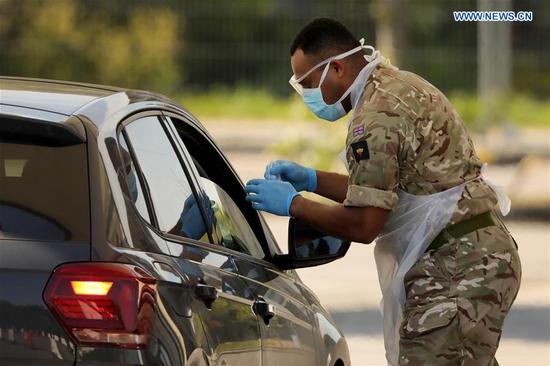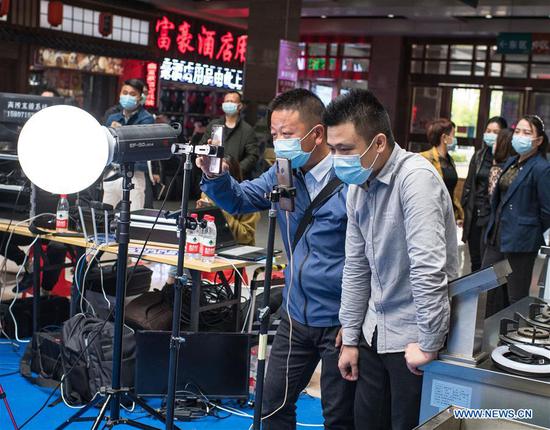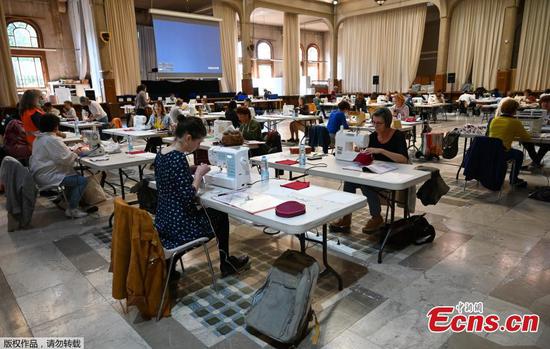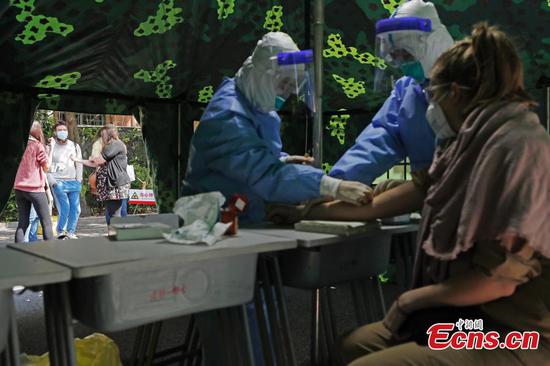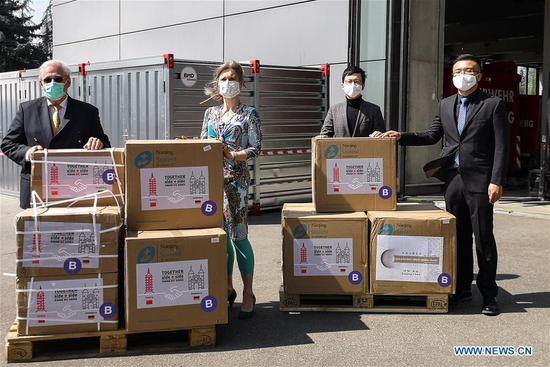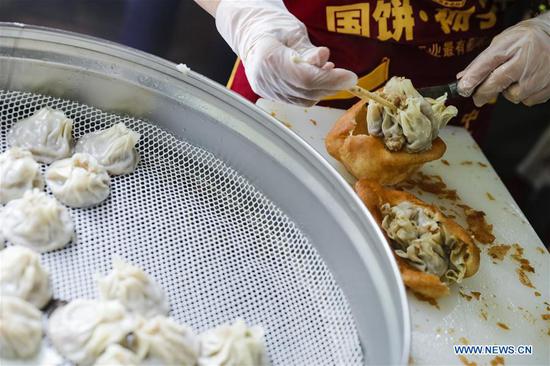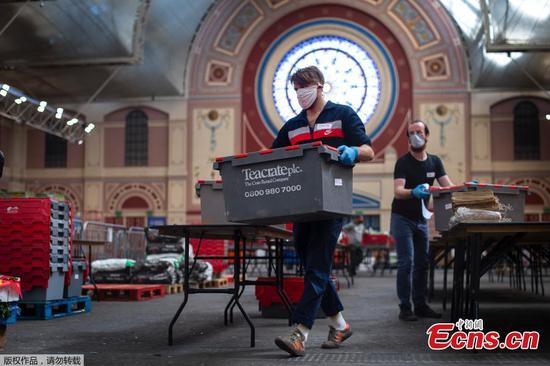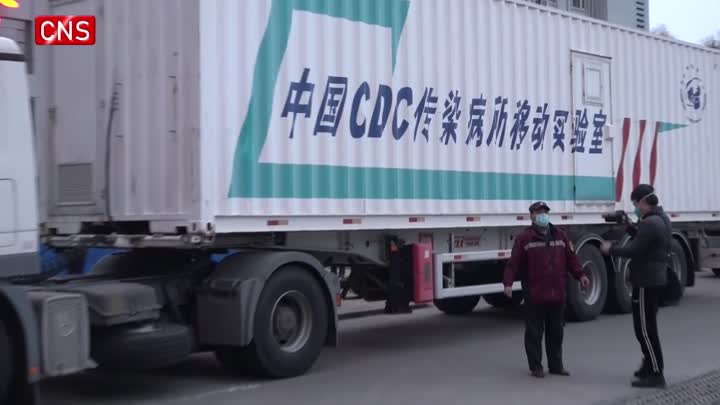In a major step forward in fighting cervical cancer, a human papillomavirus (HPV) vaccine developed by Chinese researchers will be widely available in the country for women under the age of 45 in May.
The HPV vaccine was jointly developed by Xiamen University and a subsidiary of YangShengTang Group in east China's Fujian Province, after an 18-year study. It was approved by the National Medical Products Administration in December 2019.
Starting next month, the first batch of more than 93,000 vaccines will be available in community hospitals in provincial-level regions including Hubei, Jilin and Xinjiang Uygur Autonomous Region, said a source of the university Sunday.
Cervical cancer is caused by sexually acquired infection with certain types of HPV. It is the third most common cancer among women.
China has a very high incidence and death rate, and previous studies show that for Chinese women the peak incidence of HPV infection occurs between the ages of 15 and 19.
The World Health Organization (WHO) and many countries recommend people to get vaccinated between the ages of 9 through 14.
The newly available vaccine can protect against HPV 16 and 18, two major HPV types causing 70 percent of all cervical cancers. It can be given to women aged 9 to 45, according to the source.
British pharmaceutical giant GlaxoSmithKline's Cervarix is the first HPV vaccine introduced in China and the current market-available HPV vaccine with the same type of coverage. Both vaccines require three shots over six months, but the Chinese vaccine is cheaper, with one shot priced at 329 yuan (about 46.5 U.S. dollars). One shot of Cervarix meanwhile is priced at 580 yuan in the Chinese market.
"Many cervical cancer patients are on low incomes," said Sui Long, a chief gynecologist at the Obstetrics and Gynecology Hospital affiliated to Fudan University in Shanghai, adding that the domestically produced vaccine will make the vaccination affordable for many poor patients.
Due to safety concerns, many vaccines were not available on the Chinese mainland until Cervarix was approved in July 2016. Mainland residents had to travel to Hong Kong or abroad to get the three-shot vaccination, making the cost higher.
FURTHER EFFORTS
In May 2018, the WHO called on all countries to take action to eliminate cervical cancer globally by 2030. China has been stepping up efforts in promoting and developing HPV vaccines in recent years.
Another HPV vaccine developed by Xiamen University covering nine HPV types will undergo a phase three clinical trial, the last test before reaching the market, the university source noted.
Last year, the university announced that it had made a breakthrough in developing a new-generation vaccine that has the potential to protect against almost all of the most lethal HPV forms. In September 2019, the university, with the YangShengTang Group, signed an agreement with GlaxoSmithKline to work on developing the next-generation HPV vaccine together.
The university has rich experiences in vaccine research. It also received a donation worth 600,000 U.S. dollars from the Bill &Melinda Gates Foundation in March for supporting COVID-19 diagnostic reagents and vaccine development.
A lack of public awareness is another obstacle in China. Previous studies show that only 15 percent of women on the Chinese mainland have heard of the vaccines, said Sui.
Gong Xiaoming, a leading Chinese gynecologist in Beijing with thousands of followers online, has been promoting the HPV vaccination on social media since 2014. He said it is effective and advises all people to get it, the earlier the better, as the virus is primarily transmitted through sexual contact.
Women can also prevent the disease through regular health checks, he said. From 2009 to 2016, China offered free cervical cancer checks to more than 60 million rural women.
"Cervical cancer is potentially fatal but preventable," said Gong. "It's essential we raise public awareness of the disease and the vaccine benefits."









